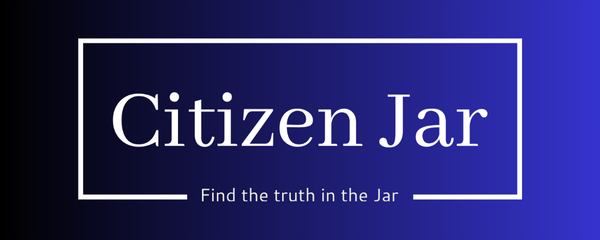News
Supreme Court Grants Trump Immunity

In a groundbreaking decision, the Supreme Court ruled that former presidents cannot be prosecuted for actions related to their core powers in office. This decision raises several important questions. Can charges against former President Donald Trump proceed based on his private conduct rather than official acts? Will the lower courts determine the nature of the charges against Trump, potentially causing further delays in the case?
Chief Justice John Roberts emphasized that the president is not above the law. However, Justice Sonia Sotomayor, in a dissent joined by Justices Elena Kagan and Ketanji Brown Jackson, expressed concerns about the implications of the ruling. What impact will this decision have on future presidents who misuse official power for personal gain?
The case originated from Trump’s indictment on charges related to the January 6, 2021, attacks on the U.S. Capitol. Trump argued for immunity from prosecution as a former president, but this request was denied. The Supreme Court’s ruling now complicates the path forward for this case.
Justice Clarence Thomas raised questions regarding the constitutionality of Special Counsel Jack Smith’s appointment. This raises concerns about how the prosecution of a former president should be conducted. What steps will the lower courts take to address these crucial questions?
Overall, the Supreme Court’s decision has significant implications for the accountability of former presidents. It remains to be seen how this ruling will shape the future legal landscape for presidential actions and potential prosecutions. As the case progresses through the lower courts, it will be crucial to monitor how these questions are resolved and what impact they will have on the broader legal system moving forward.

